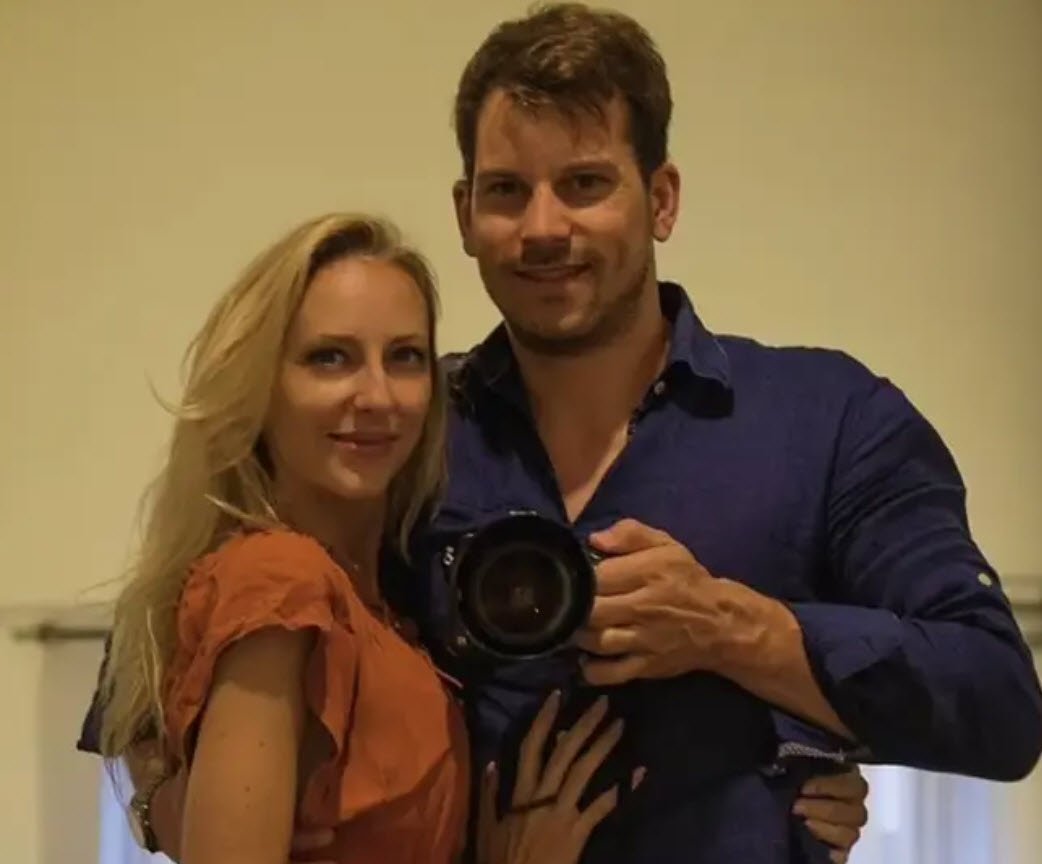
It starts with each one of us looking within ourselves, and changing what motivates us, changing how we think and how we live our lives.
We need to stop seeing the world through the distorted lens of the ego. Stop chasing after our own desires, seeking pleasure and gain from every experience, trying desperately to fill that void that can never be filled.
Also Read: How to Practice Metta (Loving Kindness) Meditation in 7 Steps
We need to make the shift from our head to our heart, from ego to Spirit. Because that’s who we truly are, and that’s where peace, freedom and happiness is found.
Are you ready? Here are 5 ways you can start making the shift right now, today:
1. Look for Ways to Be Of Service
That shift in perspective begins with asking you one simple question.
Although we usually aren’t aware of it, the ego looks at every situation and wonders, “What can I get? What’s in it for me?” You can start to free yourself from the ego’s clutches by asking instead,
“What can I give? What does the world need from me?”
Every change starts with awareness. To begin with, you must simply become aware of the needs of others around you, and the many opportunities you have each day to help someone, in some way.
From the moment you wake, till you close your eyes to sleep, ask yourself, “How can I help? How can I be of service?” This will retrain your mind, and help look at your life, and the world, differently.
Stop looking for ways to entertain yourself, little amusements to pass the time. That does nothing but distract you momentarily, from the boredom and the emptiness you feel. Deep down, you know that.
Give meaning to those idle moments. Look for ways that you can make a difference in the lives of those around you. You’ll find that this is endlessly more fun and fulfilling than watching TV or scrolling through your Face book feed.
I promise.
2. Do Something, No Matter How Small
Opportunities to serve are all around us, every moment of every day. Practicing step #1 will prove that to you in no time. The more you look for them, the more you will see.
Step two, of course, is to act on it. When you see someone who could use some help, help them.
This doesn’t mean you have to become some sort of crime fighting superhero, and single-handedly solve all the world’s problems. You don’t have to do everything- just do something.
No matter how small.
Give your partner a foot rub, or a back massage, after a stressful day at work. Give a total stranger a smile and a compliment. Buy a cup of coffee for the homeless guy you pass on the way to work.
If someone is in crisis- in the middle of a divorce, or eviction, for instance—you can’t solve that problem for them. But you can sit and listen to their story, show them some kindness, give them a word of encouragement. It can mean the world to them.
3. Expect Nothing In Return
We’ve all been the victim of a gift “with strings attached.” Sometimes kindness is little more than a thin disguise for outright manipulation. You know how that feels, and it sucks.
Other times, it’s much more subtle. Like when we give with the best of intentions, and our act of kindness is not met with gratitude, but with entitlement, or even scorn. The sadness, disappointment, or anger that we feel in that situation is a result of a hidden expectation…
We expected them to be grateful.
Suggested Read: How to Improve Your Motivation
“Expect nothing in return,” means exactly that: nothing. Not even thanks or acknowledgement. If you expect others to react a certain way to your kindness, you are setting yourself up for a let down. Some people are too hurt, too angry, too proud, or too bitter to say “thank you.” They’re more likely to curse or spit at you.
Help them anyway. Help them especially – they’re the ones who need it most be kind just for kindness sake. This is perhaps the hardest to put into practice, but it’s essential to cultivating the spirit of true generosity and selfless giving. And enjoying the happiness and freedom that comes with it.
4. Be Mindful
Probably the biggest obstacle we face when trying to make the shift, or make any change in our life, is our tendency to go through life on autopilot. You know what I mean.
We do the same thing all day, drive the same roads, talk to the same people about the same old things… it’s so repetitive, that pretty soon we stop paying attention. We zone out, drift off in our own thoughts and daydreams. I would say that we are “asleep at the wheel” more often than not!
Every once in awhile something shocks us, grabs, and pulls us back to our senses, back to the present, back to reality. But usually just for a few brief moments, then we’re gone again. But in order to help others, and be of service, you’ve got to be awake and paying attention. Practice mindfulness throughout the day. Not only will you be more aware of others, ready and able to lend a hand, you’ll also be more aware of the depth and richness of life, and all the incredible beauty that surrounds you.
You may also read: 14 Questions to Ask Yourself Every Day to Stay on Track
You’ll be more present in your relationships, more focused at work, more alert to opportunities for learning, growth, fun and adventure. The world is a wondrous place – when you’re paying attention.
5. Meditate
Remember when I said there was a way for you to transcend the ego, and realize your true self; that you can know and experience that for yourself? I promised I would come back to that, and I’m a man of my word. You want to get past all the ego’s petty fears, and discover who you truly are, deep down? I’ll tell you how:
Meditation is the key to unlocking your inner world, realising your spiritual perfection, and unleashing your highest potential. Do it every day, twice a day or more. If you can’t sit still, look into moving meditations.
Meditation is the path that will take you beyond the ego, beyond your little “self,” and show you a new and boundless perspective, a new way of living and being in the world.
It will help you remember that we are all connected. What happens to other people (and plants and animals, and all living things) matters because they are a part of you. Your true self encompasses all beings. Their well-being is your well-being.
When you live from that place, happiness comes easily and naturally.








